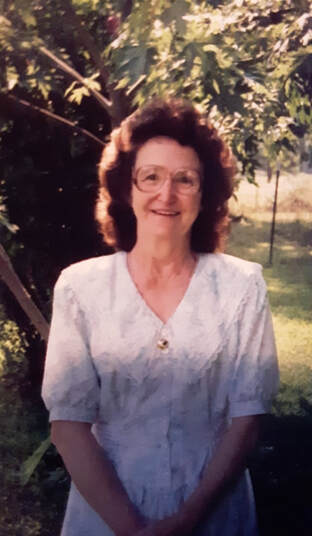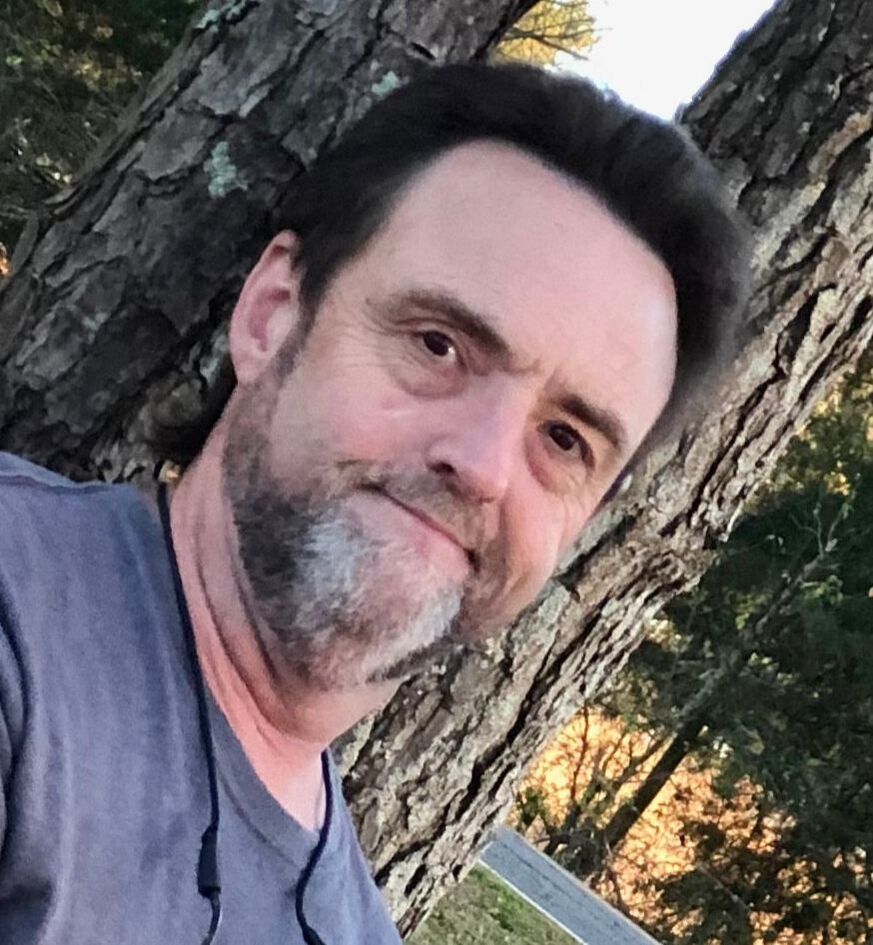 Rachell McKelvey. 1932-2012
Rachell McKelvey. 1932-2012
The years go by, the treadmill turns, our family members pass away one by one. We are left alone, without an instruction book. It is hard to hold onto family, memories, home. For at the very centre of our soul, there is a need, an ever-present, all consuming, ache. The only balm is to be part of, and loved by, family.
I asked myself the same question that I asked God; “how do we hold on to those we love?” There may be as many answers as there are individuals asking. I have heard that a man (or woman) is not dead if their name is spoken. I have also heard that dying isn’t the worst thing, being forgotten is.
So how does someone live long after they have left their earthly bodies?
My thoughts are that maybe if we look at the world the way they did, not only will they still live, but we may also live a little better. I think we can all agree that were it not for our great, great, great grandparents, we wouldn’t be here at all. They are part of who we are. Not only those blood relatives but anyone who cared about us and became our “family.”
“You look just like your uncle sometimes’’, “You have your father’s nose.” Your personality is just like your mother’s.” “Look at those big brown eyes; you got those from your mother.” Relatives have told me things like these many times.
If I look through my mother’s eyes, I will view everyone, and everything differently. My mother, Rachell, would take in anything that was small, or broken, or sick and try to protect and heal. She possessed a humility and frugality that was began in her childhood during the Depression era years of the 1930s; gladly accepting any used clothing or furniture that was offered, knowing that those might be the only “new” items she might get anytime soon; keeping anything that might be of use. I even remember that she saved paper plates on occasion, after they had been used.
She looked on those that didn’t have much, and praised them for what they had accomplished, for what they had endured, for surviving despite hardships. While I may be biased, for she was human, my memories of her are of the goodness of her soul. She put the needs of her family and others before hers. Many times, she did without so others might be helped.
Late at night, when the demons of my problems come, I am not physically alone, but I am alone, nonetheless. During these moments, I remember how she handled adversity with hope and a strong faith in God. Even during the bleakest periods of her life, she never lost her faith or belief that all people are basically good, and that everything will work out just fine.
Now the responsibility is mine. To look upon others with love and empathy, to cheer them for what they have accomplished, to build them up because they, after life has knocked them down, chose to get back up. To look upon the world with faith and hope, to put the needs of my family and others ahead of my own. To appreciate the gifts offered and not waste what might be useful in the future, to myself or my fellow man. To live my life in such a way that when someone asks another person if they know me, the answer might be spoken with fondness. Lonnie McKelvey? Yes, I know him. He was good, kind and generous man. He had his mother’s eyes.
I asked myself the same question that I asked God; “how do we hold on to those we love?” There may be as many answers as there are individuals asking. I have heard that a man (or woman) is not dead if their name is spoken. I have also heard that dying isn’t the worst thing, being forgotten is.
So how does someone live long after they have left their earthly bodies?
My thoughts are that maybe if we look at the world the way they did, not only will they still live, but we may also live a little better. I think we can all agree that were it not for our great, great, great grandparents, we wouldn’t be here at all. They are part of who we are. Not only those blood relatives but anyone who cared about us and became our “family.”
“You look just like your uncle sometimes’’, “You have your father’s nose.” Your personality is just like your mother’s.” “Look at those big brown eyes; you got those from your mother.” Relatives have told me things like these many times.
If I look through my mother’s eyes, I will view everyone, and everything differently. My mother, Rachell, would take in anything that was small, or broken, or sick and try to protect and heal. She possessed a humility and frugality that was began in her childhood during the Depression era years of the 1930s; gladly accepting any used clothing or furniture that was offered, knowing that those might be the only “new” items she might get anytime soon; keeping anything that might be of use. I even remember that she saved paper plates on occasion, after they had been used.
She looked on those that didn’t have much, and praised them for what they had accomplished, for what they had endured, for surviving despite hardships. While I may be biased, for she was human, my memories of her are of the goodness of her soul. She put the needs of her family and others before hers. Many times, she did without so others might be helped.
Late at night, when the demons of my problems come, I am not physically alone, but I am alone, nonetheless. During these moments, I remember how she handled adversity with hope and a strong faith in God. Even during the bleakest periods of her life, she never lost her faith or belief that all people are basically good, and that everything will work out just fine.
Now the responsibility is mine. To look upon others with love and empathy, to cheer them for what they have accomplished, to build them up because they, after life has knocked them down, chose to get back up. To look upon the world with faith and hope, to put the needs of my family and others ahead of my own. To appreciate the gifts offered and not waste what might be useful in the future, to myself or my fellow man. To live my life in such a way that when someone asks another person if they know me, the answer might be spoken with fondness. Lonnie McKelvey? Yes, I know him. He was good, kind and generous man. He had his mother’s eyes.

